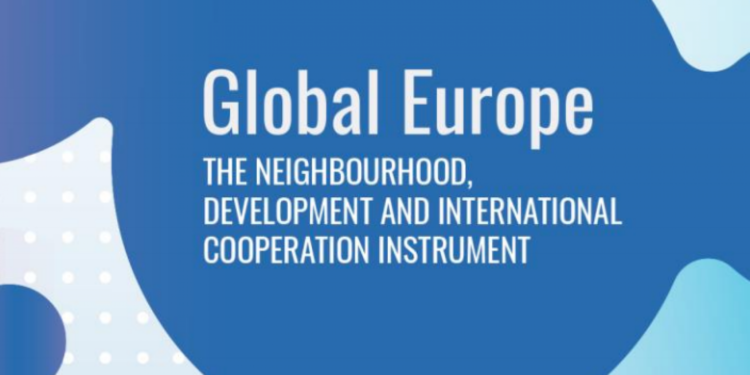On 9 June, the European Commission welcomed the European Parliament’s decision to adopt the Neighbourhood, Development and International Cooperation Instrument (NDICI) – ‘Global Europe’ for the period 2021-2027. With this decision, the EU will be able to use €79.5 billion in current prices to foster global recovery over the next seven years. This envelope will be used for international partnerships on sustainable development, climate change, democracy, governance, human rights, peace and security in the neighbouring countries and beyond.
The total allocation for EU cooperation with third countries will be divided as follows:
- €60.38 billion for geographic programmes (at least €19.32 billion for the Neighbourhood);
- €6.36 billion for thematic programmes (Human Rights and Democracy, Civil Society Organisations, Peace, Stability and Peace Conflict Prevention and Global Challenges);
- €3.18 billion for rapid response actions.
A “cushion” of unallocated funds of €9.53 billion could top-up any of these programmes and the rapid response mechanism, to address unforeseen circumstances, new needs or emerging challenges and to back new priorities.
The new instrument will particularly support countries most in need to overcome their long-term developmental challenges and will contribute to achieving the international commitments and objectives that the Union has agreed to, in particular the Sustainable Development Goals, the Agenda 2030 and the Paris Agreement.
NDICI-Global Europe also unifies grants, blending and guarantees, which will allow the EU to promote public and private investment worldwide in support for sustainable development. Investment will be backed by a €53.4 billion External Action Guarantee.
“The EU’s new external action financial instrument will be a game changer to boost the resilience and prosperity of our closest neighbours,” Commissioner for Neighbourhood and Enlargement, Olivér Várhelyi said. “It will underpin our renewed partnership with the Southern Neighbourhood, helping to unlock the untapped economic potential of the region and support its post-COVID-19 pandemic recovery, as well as that of our partners to the East, boosting growth and jobs, digital and green transformations as well as human development and opportunities for youth.”
The NDICI-Global Europe enters into force on the date of its publication, with retroactive effect from 1 January 2021.














